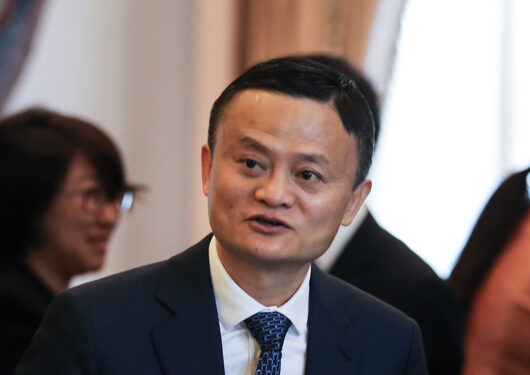
Visit Our Sponsors |
|
|
|
|
|
|
|
|
|
|
|
|
|
|
|
|
|
|
|
|
|
|
|
|
|
|
|
|
|
|
|
|
|
|
|
|
|
|

Unlike U.S. rival Amazon, which operates a direct sales model that relies on owning its own goods and logistics service, Alibaba became a $500bn behemoth by building asset-light marketplaces. It matches sellers and buyers online, earning billions of dollars annually from associated advertising and commission fees. But it doesn’t have to spend heavily to manage products or logistics.
However, with growth in China’s entire online shopping market slowing, co-founder and Executive Chairman Jack Ma is ditching this asset-light philosophy. In recent months, Alibaba has expanded aggressively in logistics, cloud computing and brick-and-mortar retailing, seeking to use self-developed technologies such as data analytics to upgrade China’s $5tr retail sector. But pursuing these new opportunities comes at a price: Alibaba’s lucrative margin is likely to take a permanent hit from rapidly increasing operating costs, while returns from its latest expansion can take years to trickle in as the company experiments with the best monetization strategy, analysts say.
Record Investment
The stakes are getting higher as new businesses investment reaches record amounts. According to Dealogic, Alibaba and its subsidiaries last year announced 51 deals worth $21bn, as the group expanded its footprint into logistics and brick-and-mortar retailing, which included taking control of logistics firm Cainiao, and acquiring a $2.9bn stake in hypermarket operator Sun Art. The pace is even quicker this year: So far, Alibaba is the world’s eleventh most active deal-maker that splashed another $35bn in new investments — an amount ranking it ahead of private equity managers Blackstone Group and Carlyle Group, Dealogic data shows. This includes a $9.5bn acquisition of food delivery service Ele.me, as the company seeks to integrate online and offline shopping, partly by utilizing Ele.me’s vast delivery network to meet its commitment to sending purchases directly to consumers within 30 minutes. The company also recently acquired Pakistani e-commerce platform Daraz, in a bid to increase its presence in South Asia as part of its global expansion strategy.
RELATED CONTENT
RELATED VIDEOS
Timely, incisive articles delivered directly to your inbox.

